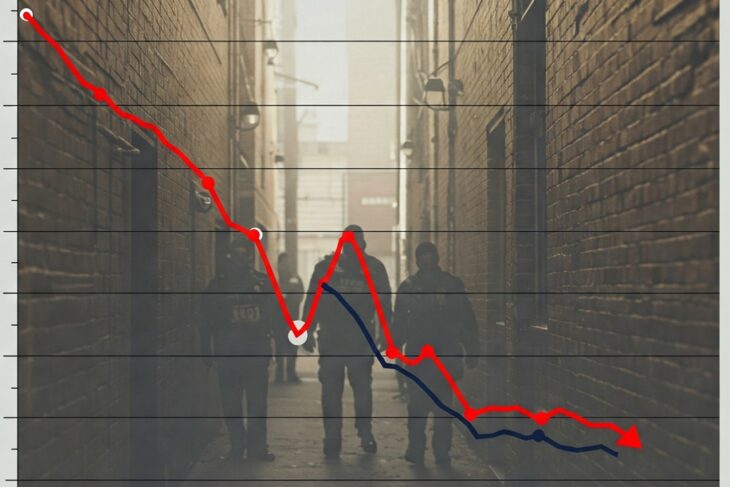
Jamaica is once again facing the prospects of, if not another financial sector meltdown, then at the least a drastic reduction in faith in the financial sector and a sharp decline in the number of people seeking to invest in the stock market and with companies.
These prospects were brought about by the slew of fraud and theft scandals which have rocked the nation’s banking and investment sectors as more than $4 billion was spirited away from customers’ accounts by, we are told, sole bad actors.
As a response to this, we have seen the Government acting at such a pace that people trying to keep up have got whiplash. On the part of the police, the Major Organized Crime and Anti-Corruption Agency and other agencies have been called in, statements taken in all cases, and the Federal Bureau of Investigation has been brought in (presumably because money passed through the US financial system, but also to secure the foothold with the local police), and apart from the alleged perpetrator in the Socks and Securities Ltd (SSL) saga, people have been arrested and are set to face the courts.
Interestingly, this shows us that the police can act with not just speed, but tact, as they have been treating the accused with kids’ gloves and have brought no harm to anyone.
On the Government’s side, the actions include replacing four members of Financial Securities Commission (FSC) board, launching a full body, and introducing measures to help ensure these activities are decreased (namely the twin peaks regulation model).
Again, interestingly, this shows us that the Government can act, not only swiftly, but also in a transparent manner — or as transparent as a government can be — on the issues.
The debacle has the very real potential of damaging confidence the country’s financial sector. At the time of writing we do not know if SSL is the only company experiencing these types of activities and we do not know if other banks have individuals operating at the scale of the others accused. The potential threat to the financial system is real, and the sector players are on tenterhooks.
More importantly for the country and the majority of its citizens, there are a few State agencies which have invested with not just SSL but other brokerage firms. How will they, and by extension the people, fare if the stock market takes a massive nosedive, if investment dries up and returns become non-existent?
How will agencies which are already on the chopping block for privatization (like the National Water Commission) be affected if they are wiped out in the markets? How will the already broken pension funds manage if their investments are lost? How will the National Housing Trust continue to not only try and meet its goal of affordable housing but also act as the piggybank of the state if its investments bottom out?
The SSL scandal has shown us many things, including that the real power in this country lies with the monied class and that the systems of power — the State and its appendages — are creatures of those who own the means of production and wealth.
Cash Plus and OLINT, the last major financial scandals, got some traction here but in the end nothing came of them. One man remains free as a bird while the other did time in the Turks and Caicos Islands and the US, neither went to GP or Horizon and the reason for that is those primarily affected were the poor and middle class. True, some of the wealthy lost a decent chunk of money, but overall, they remained untouched and the amount in question, though odious, was manageable enough for the State to not put out much effort.
Now however, we see a State in full action. I am by no means a fan of the FBI, however, it is interesting to note that they have been called in for this but were not for Cash Plus.
It’s not just that Usain Bolt, an international icon, was affected — that is the public lightning rod. The real prompt is the fact that this has affected some of the largest players in the country and sees one of the oldest brokerage houses facing insolvency.
People who run the country are confused, scared, and pissed in a way that crime could never agitate them, and they want action.
The speed of action, the humility and the acknowledgement of dropping the ball, all of this is because those who run the show are none too pleased and everyone else should take note. It’s not that it can’t be done or even be done quickly (18-24 months is light-speed for any institution and that is the timeframe for the new regulation), it’s that we and our needs are not important enough, we don’t matter, we don’t run the show.
This should show us that though we vote them in, they are not responsible to us. We want a reduction in crime with a workable crime plan, too bad it will take too much time and work, along with the money. We want more equal education, well no, that again is an effort with the State agencies and civil servants. Want action on more regulation on trading or ease of access for foreign capital, come on in, that will be fast-tracked.
There have seen endless debates and programmes for housing, but nothing has or will come of them because it is an issue which does not concern those in power. However, the topic becomes hot when it reverts to squatting. This is because the latter concerns those in power and invariably means giving away prime real estate.
Let this incident, as shocking as it is, act as another reminder that those in power are not there for our benefit; that the issues which plague our country can be fixed but the people who have the power don’t want to.
Armed with those facts, it is up to us to decide if we are okay with a society which prides and protects the few at the expense of the many, and if that is the case, end the discussion. However, if not, we must tear it down and start anew because a better way is out there, even if it does require a change in how we think.



